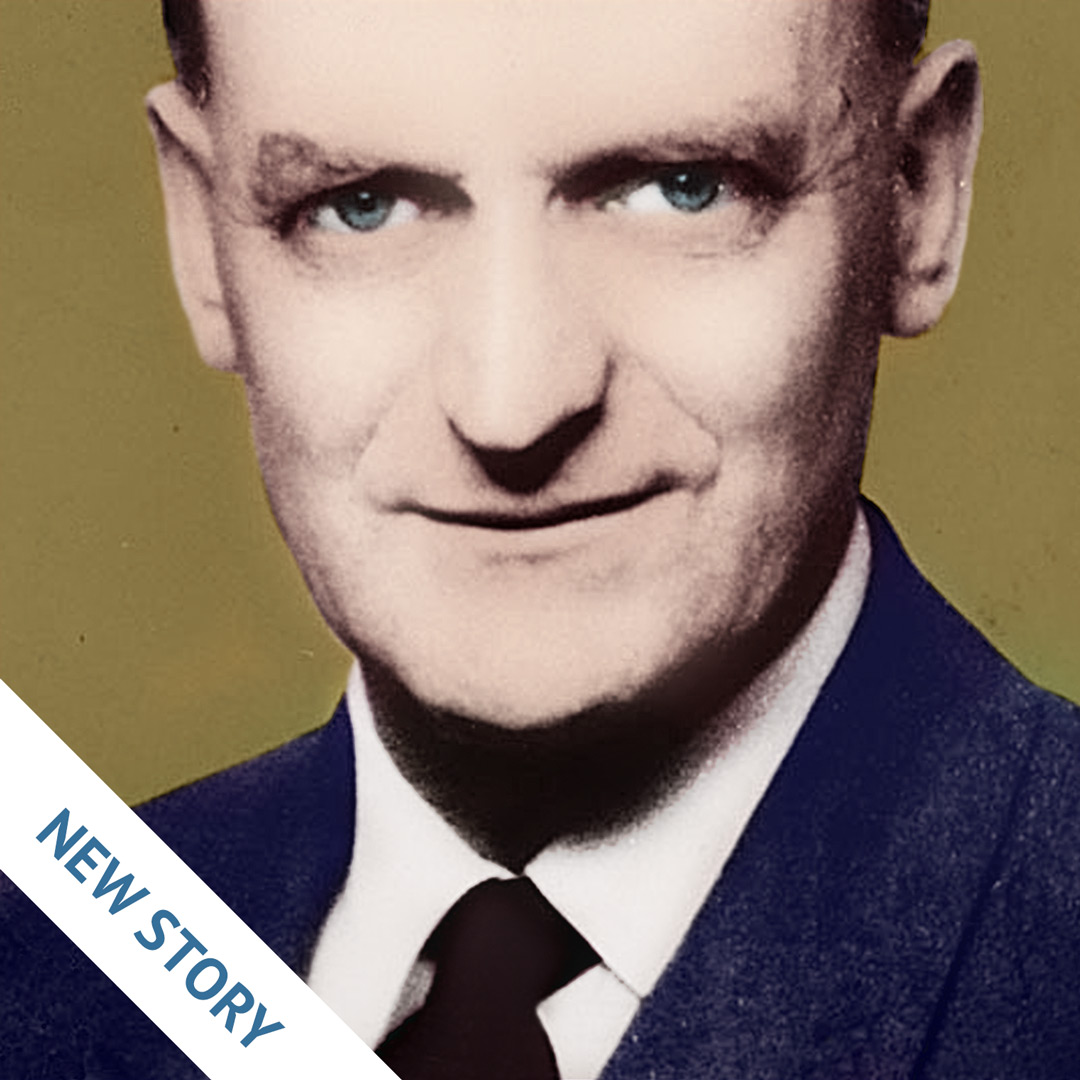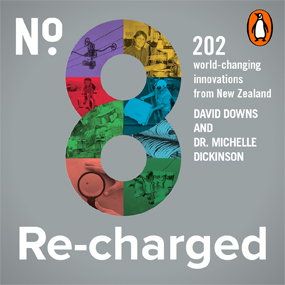The World Loses a Great Philosopher
New Zealand-born political theorist Kenneth Minogue, a leading figure in Britain’s conservative intellectual life, has died aged 82. Minogue was Professor of Political Science at the London School of Economics from 1984 to 1995, and became widely known there as a central figure in a group of prominent conservative political philosophers and commentators that included Maurice Cranston, Elie Kedourie and Bill Letwin. He sat on the board of the Centre for Policy Studies (1983-2009), and from 1991 to 1993 was chairman of the Euro-sceptic Bruges Group. In his final book, The Servile Mind: How Democracy Erodes the Moral Life (2010), Minogue addressed “the remarkable fact that, while democracy means a government accountable to the electorate, our rulers now make us accountable to them. Most Western governments hate me smoking, or eating the wrong kind of food, or hunting foxes, or drinking too much, and these are merely the surface disapprovals, the ones that provoke legislation or public campaigns. We also borrow too much money for our personal pleasures, and many of us are very bad parents.” He complained that governments – far from being content simply to represent their electorates – were increasingly in the business of “turning us into the instruments of the projects they keep dreaming up”. Minogue was born in New Zealand on 11 September 1930 and educated in Australia – at Sydney Boys’ High School and Sydney University – before leaving for Britain. An implacable critic of the European Union, he believed that successive British governments had surrendered the nation’s political, legal and economic rights to unaccountable international bureaucrats; and he lamented “the curious form of idealism that disdains pride in Britain and British culture”. Minogue wrote a study on Maori-Pakeha relations for the New Zealand Business Roundtable, which was published in 1998 published as Waitangi Morality Reality. Sharp-witted and socially gregarious, Minogue was also noted for his old-fashioned courtesy and his gift for friendship. He had a light touch and strong sense of irony as a writer, lecturer and as a conversationalist. Outside his work, he was a keen tennis player.















